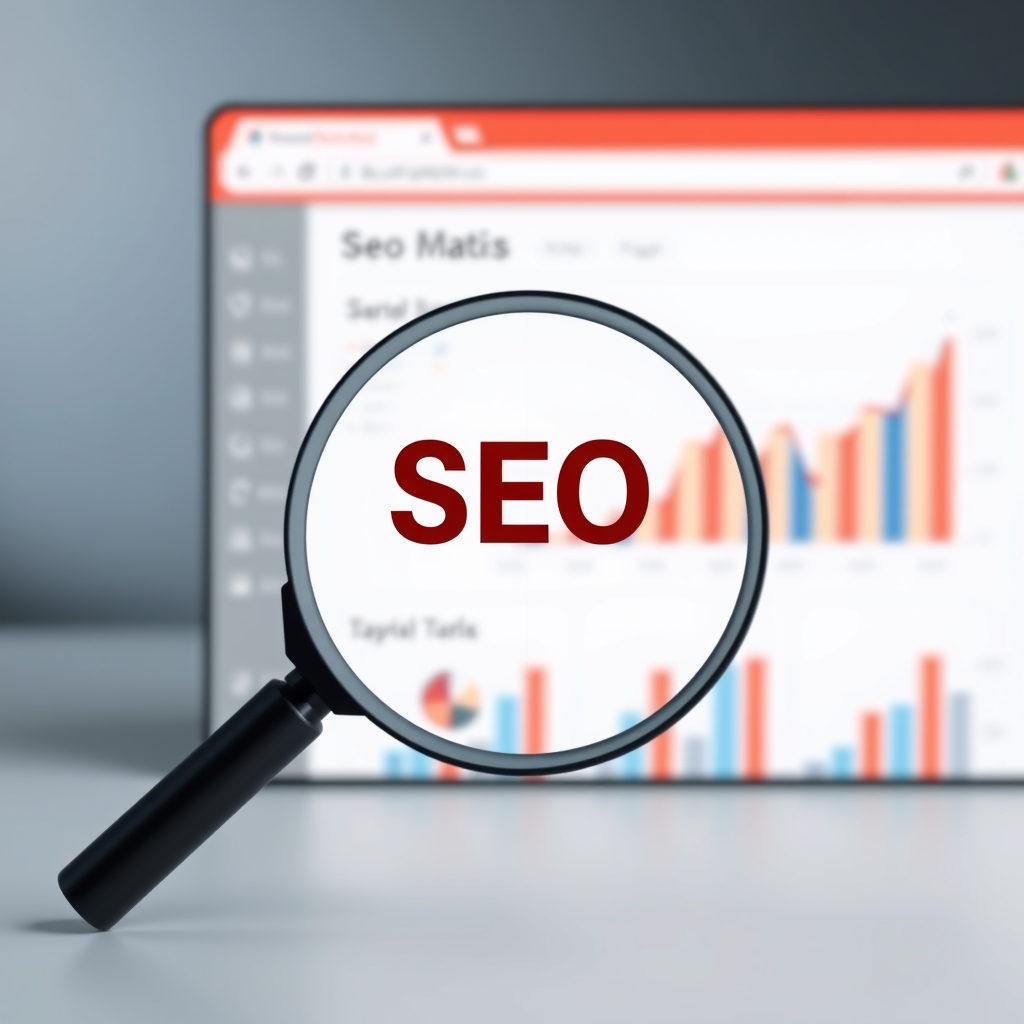Comparing SEO Web Information API and WebPage SEO Reporting API: What to Choose?

Comparing SEO Web Information API and WebPage SEO Reporting API: What to Choose?
In the realm of digital marketing, understanding and optimizing your website's SEO is crucial for enhancing visibility and driving traffic. Two powerful tools that can aid in this endeavor are the SEO Web Information API and the WebPage SEO Reporting API. This blog post will provide a detailed comparison of these APIs, exploring their features, use cases, performance, and more to help you determine which one best suits your needs.
Overview of Both APIs
The SEO Web Information API is designed to analyze any website URL, generating a basic SEO audit report with actionable insights for improved visibility and performance. It evaluates various aspects of a website's SEO health, including meta tags, headings, content quality, and link evaluations.
On the other hand, the WebPage SEO Reporting API investigates any webpage and generates a comprehensive SEO report. This API provides detailed information about the webpage's status, content size, headers, metadata, links, images, and content structure, making it a robust tool for both personal and competitive analysis.
Side-by-Side Feature Comparison
| Feature | SEO Web Information API | WebPage SEO Reporting API |
|---|---|---|
| SEO Report | Generates a basic SEO audit report with insights on meta tags, content quality, and overall SEO health. | Creates an in-depth SEO report based on the URL, including HTTP status, content size, headers, and more. |
| Metadata Extraction | Analyzes meta tags, including title, description, and keywords. | Extracts metadata such as title, description, favicons, and viewport settings. |
| Link Evaluation | Assesses internal and external links, including their SEO friendliness. | Provides a summary of links, including total links, internal, external, do-follow, and no-follow links. |
| Image Analysis | Evaluates images for alt attributes and overall SEO impact. | Summarizes images on the page, indicating how many have alt attributes. |
| Content Structure Analysis | Analyzes headings (H1, H2, H3) and their usage. | Provides a detailed count of H1, H2, and H3 elements on the page. |
Example Use Cases for Each API
The SEO Web Information API is ideal for:
- Website owners looking to perform a quick SEO audit to identify areas for improvement.
- Marketers needing actionable insights to enhance their content strategy.
- SEO professionals conducting competitor analysis to benchmark performance.
Conversely, the WebPage SEO Reporting API is suited for:
- Developers needing detailed reports for specific URLs to inform optimization efforts.
- Businesses analyzing competitor webpages to understand their SEO strategies.
- Content creators looking to ensure their pages are optimized before launch.
Performance and Scalability Analysis
Both APIs are designed to handle a significant volume of requests, making them suitable for businesses of all sizes. The SEO Web Information API focuses on providing quick insights, which is beneficial for users needing immediate feedback on their SEO efforts. In contrast, the WebPage SEO Reporting API offers more comprehensive reports, which may take slightly longer to generate but provide deeper insights.
Pros and Cons of Each API
SEO Web Information API
Pros:
- Quick and easy to use for basic SEO audits.
- Provides actionable insights that are easy to implement.
- Ideal for users with limited technical expertise.
Cons:
- Less detailed than the WebPage SEO Reporting API.
- May not provide enough depth for advanced SEO professionals.
WebPage SEO Reporting API
Pros:
- Generates comprehensive reports that cover multiple aspects of SEO.
- Ideal for competitive analysis and in-depth audits.
- Provides detailed metadata and content structure analysis.
Cons:
- May require more time to generate reports compared to the SEO Web Information API.
- Can be overwhelming for users seeking quick insights.
Final Recommendation
Choosing between the SEO Web Information API and the WebPage SEO Reporting API ultimately depends on your specific needs. If you require quick, actionable insights for basic SEO audits, the SEO Web Information API is the better choice. However, if you need comprehensive reports for detailed analysis and competitive benchmarking, the WebPage SEO Reporting API is the way to go.
Conclusion
In conclusion, both the SEO Web Information API and the WebPage SEO Reporting API offer valuable tools for enhancing your website's SEO performance. By understanding their features, use cases, and performance capabilities, you can make an informed decision that aligns with your SEO strategy and goals.





